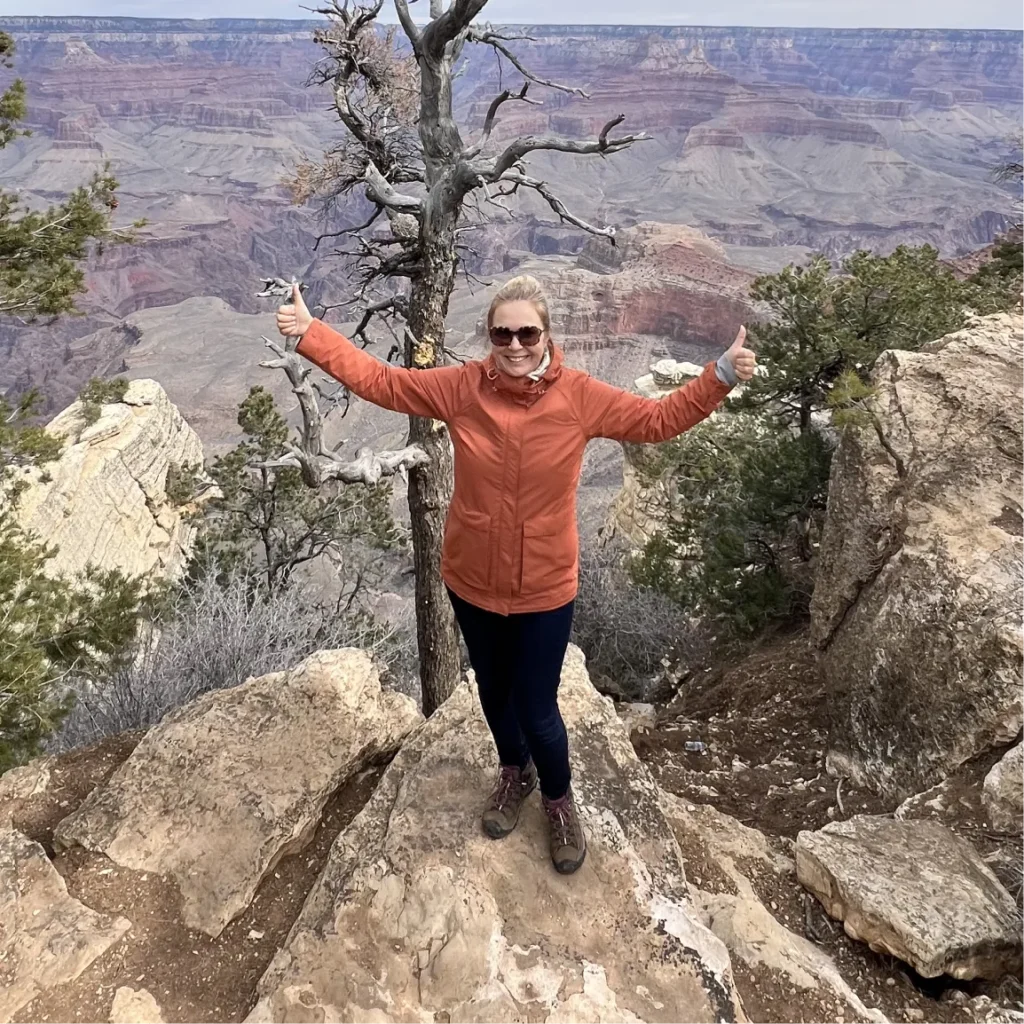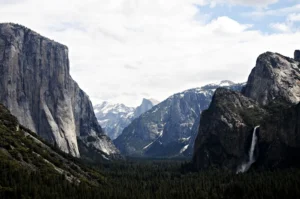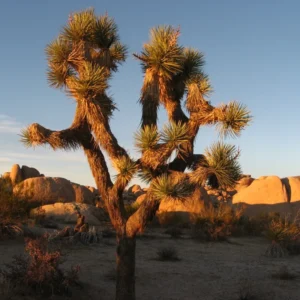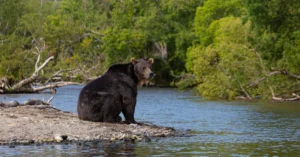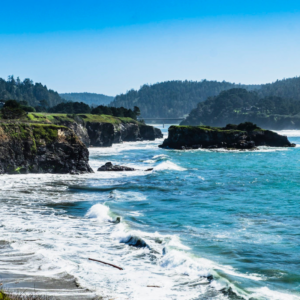Ecotourism is more than just exploration; it’s a commitment to conservation. When you decide to volunteer in national parks, you engage in a form of travel that’s not only about seeing new places but also about making a positive impact on them. You actively contribute to preserving natural habitats and enhancing biodiversity by participating in national park service volunteer opportunities.
Each project, whether it’s trail maintenance in national forests or wildlife monitoring, is a step toward sustainable tourism. These efforts not only help protect and restore our planet’s ecosystems but also support local communities economically and environmentally.
Are you ready to take your passion for nature and turn it into purposeful action? Join us in this vital movement, where each volunteer effort in national forests and parks helps ensure these majestic places continue to thrive for future generations.
What Is Voluntourism?
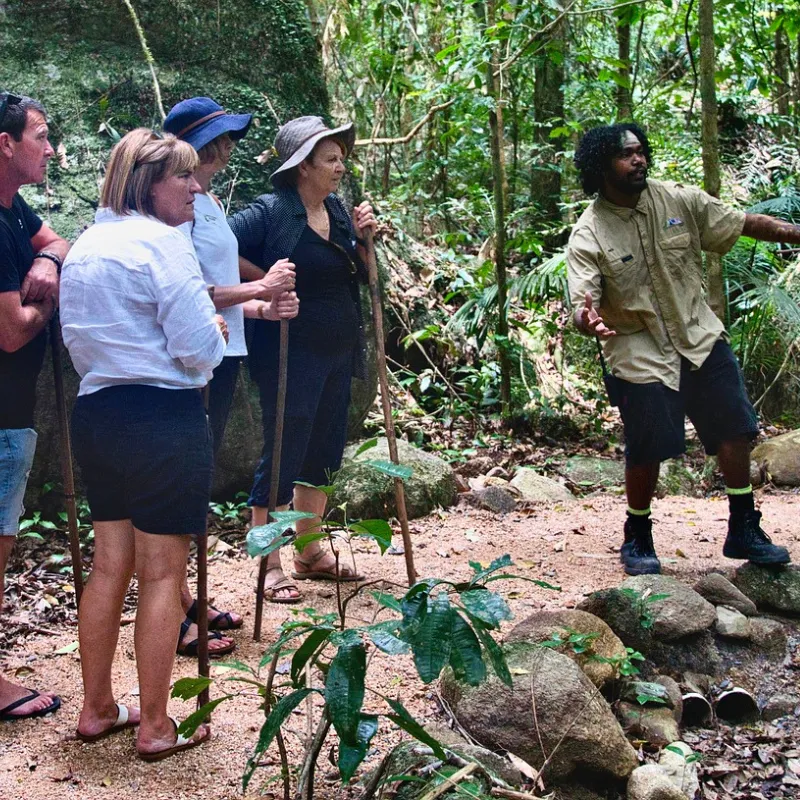
Voluntourism merges the spirit of volunteering with the excitement of travel. This unique approach to travel allows individuals to contribute positively to the places they visit, especially through initiatives such as national park service volunteer opportunities.
By choosing to volunteer in national parks or participate in projects in national forests, voluntourists make meaningful contributions to conservation and community development. These efforts go beyond traditional tourism by immersing volunteers in local cultures and environmental efforts
Benefits of Voluntourism
- Expands Cultural Understanding: Volunteering in national parks and forests allows you to immerse yourself in new cultures and lifestyles. This exposure broadens your worldview, helping you appreciate the diversity and richness of different communities. It’s a learning experience that extends beyond any traditional travel encounter.
- Supports Local Economies: When you engage in national park service volunteer opportunities, your presence contributes economically to the areas you visit. From accommodations to local purchases, your spending supports businesses and families in the community, promoting economic stability and growth.
- Advances Important Causes: Choosing to volunteer in national parks directly impacts conservation efforts and environmental sustainability. Your work helps preserve natural landscapes and wildlife, ensuring these treasures remain for future generations. This active participation not only aids the environment but also raises awareness about the importance of ecological preservation.
Getting Started with Voluntourism
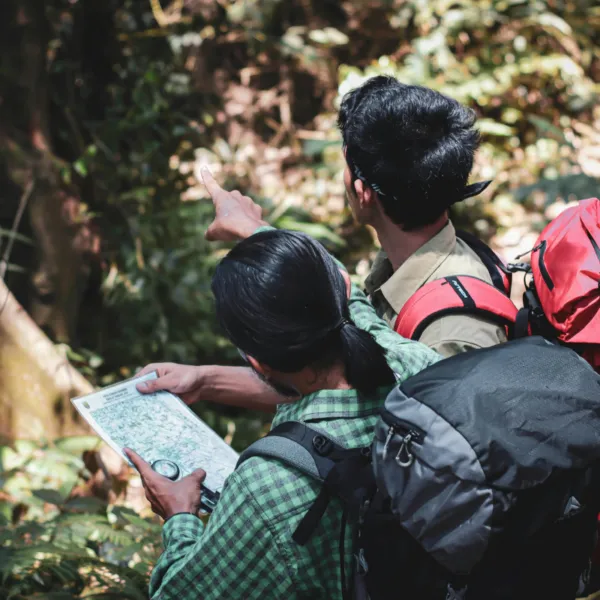
- Pick a Cause You Care About: To begin your voluntourism journey, start by identifying a cause that resonates with you. Whether it’s wildlife conservation, trail restoration, or cultural preservation, choosing a cause you’re passionate about will make your experience more meaningful. Consider volunteering in national parks if you’re drawn to nature and conservation.
- Research Organizations and Projects: Look for reputable organizations that offer volunteer opportunities in your area of interest. Focus on finding programs that align with your values and have a positive track record of contributions to the community and environment. Websites and forums can provide reviews and firsthand accounts of experiences with these organizations.
- Evaluate Your Skills and Time: Assess your skills and determine how they can best be applied in a volunteer setting. Some projects in national parks might require physical labor, while others could benefit from your educational background or professional skills. Also, consider how much time you can commit to volunteering, whether it’s a few weeks, months, or just a weekend.
- Understand the Impact on Community Economics: Recognize that your involvement in national park service volunteer opportunities brings economic benefits to the local areas. Your work helps maintain the attractions that draw other tourists, which supports local jobs and businesses.
- See the Direct Community Benefit: Witnessing the direct effects of your contributions can be one of the most rewarding aspects of voluntourism. Whether it’s through improving local infrastructure, educating children, or conserving wildlife, your efforts have a lasting impact on the community and environment.
Why is Voluntourism Popular?
Voluntourism has gained popularity for several compelling reasons:
- Flexible Duration: This type of volunteering caters to those who can only spare a short amount of time. Opportunities to volunteer in national parks often require just a few days or weeks, making them ideal for individuals with busy schedules.
- Community-Focused: Voluntourism projects typically involve working in groups, which enhances the experience by fostering a sense of camaraderie and collective impact. Whether it’s a team of locals or travelers, these group activities help multiply the benefits for the areas served, especially in national forests and parks.
- Open to All: The appeal of voluntourism lies in its accessibility. National park service volunteer opportunities, for instance, are structured so that anyone can contribute regardless of their skill level. This inclusiveness ensures that every willing volunteer can participate and make a difference.
- Professionally Organized: Most voluntourism efforts are coordinated by organizations that match volunteers with suitable projects. These organizations manage the logistical aspects, making it easier for volunteers to focus on their contributions without the hassle of planning and preparation.
- Focus on Personal Growth: While the primary aim is to aid the environment and communities, voluntourism also significantly enriches the volunteers’ own lives. Engaging in these activities often leads to personal development, a deeper understanding of global issues, and a heightened sense of global citizenship.
How to Do Voluntourism Right?
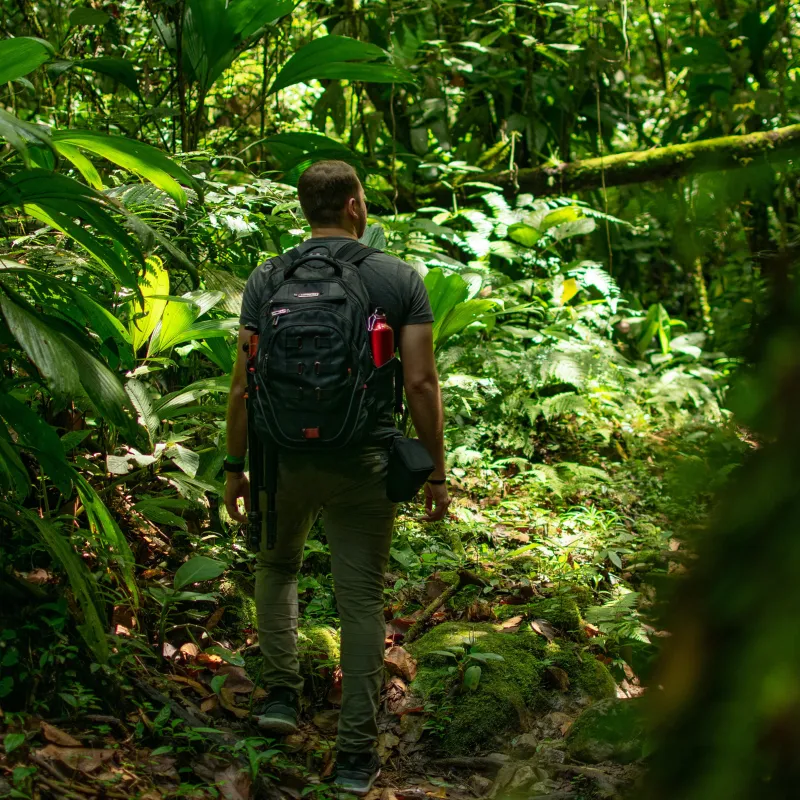
Getting involved in voluntourism can be incredibly rewarding, but it’s essential to approach it thoughtfully to ensure your efforts are beneficial and respectful. Here’s how you can make the most of your voluntourism experience:
- Choose the Right Project: Research extensively to find a project that aligns with your interests and values. Prioritize opportunities that are transparent about their goals and impacts, particularly those that involve conservation in national parks or community development in surrounding areas.
- Understand Local Needs: Before you start, take the time to understand the needs of the community or environment where you will be working. This understanding ensures that your efforts are truly needed and that you contribute positively without inadvertently causing harm.
- Prepare Appropriately: Depending on the nature of the volunteer work, you may need specific skills or knowledge. Engage in preparatory training or education, especially if you will be working in sensitive environments like national forests or parks. This preparation can include first aid, conservation techniques, or cultural sensitivity training.
- Follow Guidelines and Respect the Locals: Always adhere to the guidelines set by the organizing body, and respect the local culture and practices. This respect is crucial when volunteering in national parks, as it ensures both the safety of the volunteers and the preservation of the natural environment.
- Reflect and Share: After your volunteer stint, take time to reflect on your experiences. Consider how the work impacted the community and yourself. Sharing your stories and lessons can inspire others and raise awareness about the causes you’ve supported.
Challenges of Voluntourism
While voluntourism offers numerous benefits, it also presents several challenges that must be carefully managed to ensure the positive impact of volunteer efforts:
- Potential for Cultural Insensitivity: Without proper orientation and understanding, volunteers might inadvertently disrespect local customs and traditions. It’s crucial to engage in cultural sensitivity training before participating in projects, especially those in diverse cultural settings like national forests and parks.
- Economic Displacement: Volunteers might take on roles that could be filled by local workers, potentially leading to economic displacement. To mitigate this, organizations should prioritize projects that require specific skills not readily available locally, or focus on capacity building that empowers local communities.
- Environmental Impact: Although voluntourism is often aimed at conservation, the presence of volunteers can strain local resources and ecosystems, particularly in sensitive areas like national parks. It’s important for programs to conduct thorough impact assessments and implement sustainable practices to minimize negative effects.
- Dependency on Volunteers: Some communities or projects may become overly dependent on volunteers, which can hinder local initiative and self-sufficiency. Sustainable development goals should aim to build local capacity rather than create long-term reliance on external help.
- Misalignment of Goals: Sometimes, the objectives of volunteers may not align with those of the community or the environment, leading to ineffective or even harmful interventions. Clear communication and the alignment of goals between volunteers, organizations, and local stakeholders are essential for the success of any project.
Maximizing the Impact of Your Voluntourism
To ensure your voluntourism efforts are as impactful as possible, consider the following strategies:
- Long-Term Commitment: Although short-term projects are popular, longer-term commitments can lead to more significant contributions and deeper connections with the community. If your schedule allows, consider extending your stay or returning periodically to maintain involvement in ongoing projects, especially those in national parks and forests.
- Skill-Based Volunteering: Leverage your professional skills or expertise to make a specialized contribution that goes beyond general volunteer work. Whether it’s educational, environmental, healthcare, or construction expertise, applying your skills can address specific needs within the community or conservation efforts more effectively.
- Partner with Local Organizations: Collaborate with local NGOs or community groups that have a strong understanding of the area’s needs. This partnership ensures that your efforts are aligned with local priorities and enhances the sustainability of the projects.
- Measure and Report Impact: Work with organizations that have clear methods for measuring the impact of their projects. Regular reporting and evaluation can help adjust strategies and approaches, ensuring that the efforts are genuinely beneficial and that resources are used effectively.
- Advocate and Raise Awareness: After your voluntourism experience, use your platform to advocate for the issues addressed during your stay. Sharing your story and the stories of those you’ve helped can inspire others to volunteer and can draw attention to the ongoing needs of the communities and environments you’ve supported.
What We Think
Volunteering in national parks offers a transformative blend of travel and meaningful impact. By engaging in these opportunities, you immerse yourself in nature and actively contribute to its preservation. This form of voluntourism fosters environmental stewardship and cultural enrichment.
Whether maintaining trails or monitoring wildlife, your efforts are invaluable. As you explore voluntourism, remember every effort counts towards nurturing the planet and enriching communities.




